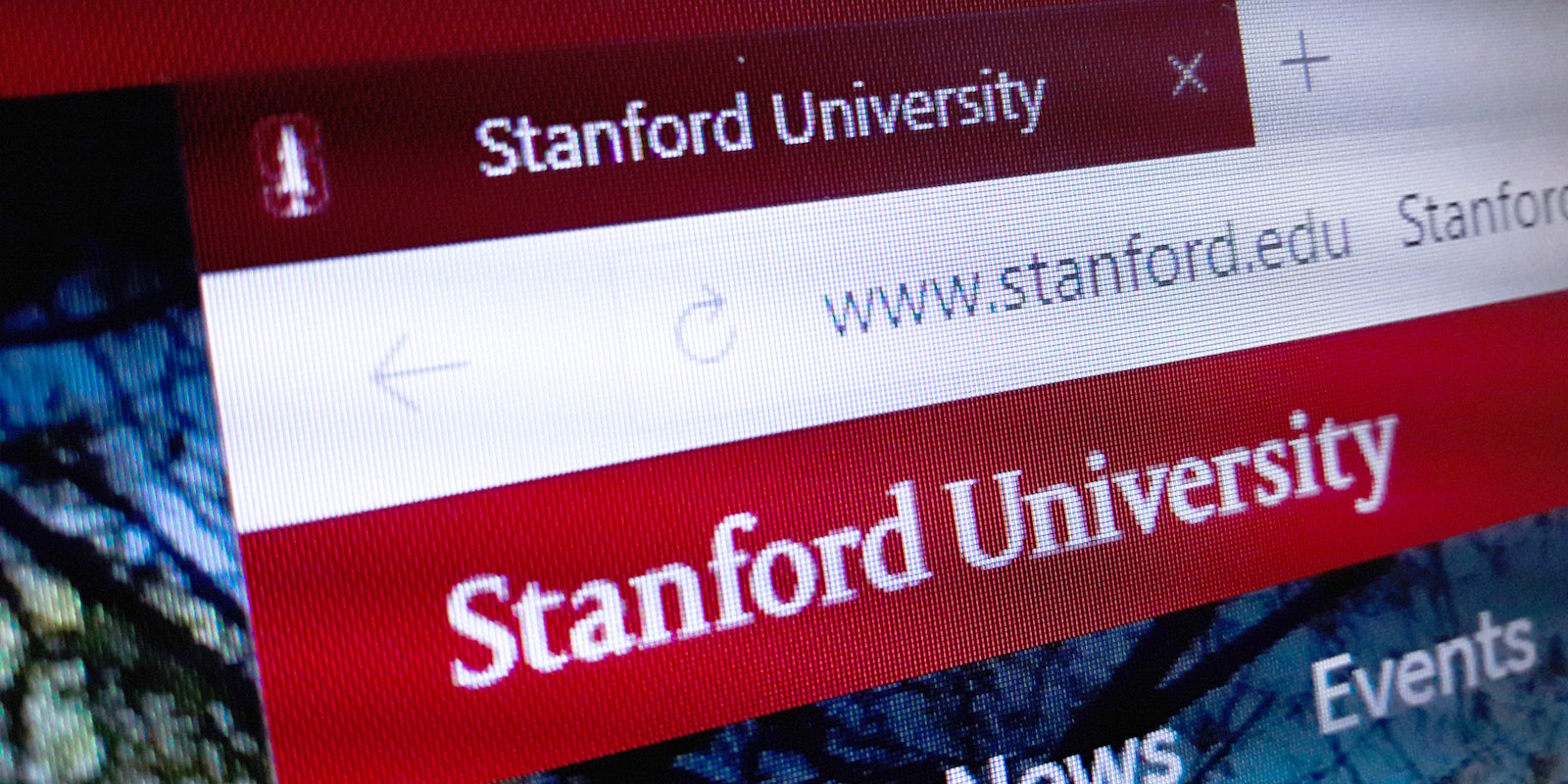An instructor at Stanford University is under intense scrutiny after multiple reports claimed that during a class session, he singled out Jewish students, labeling them “colonizers,” and made them stand in a corner in a supposed exercise relating to Palestine and Palestinian people. The instructor’s actions and statements have ignited concerns regarding the boundary between academic freedom and identity-based targeting of students.
Context of the incident at Stanford
The backdrop to this incident is the heightened tension stemming from the latest round of conflict between Hamas and Israel. The recent clashes resulted in substantial casualties, with the U.N. estimating around 1,000 Israelis and 1,537 Palestinians dead.
On the Stanford campus, amid these global tensions, the said instructor reportedly decided to address the topic of colonialism. Allegedly, the instructor blamed the violence on Zionists, defended Hamas as a legitimate resistance, and attempted to draw parallels between the Holocaust’s death toll and the fatalities from colonialism.
The controversial classroom episode
Multiple students, who wished to remain anonymous, shared their accounts with student leaders Nourya Cohen and Andrei Mandelshtam. They described how the instructor requested Jewish students to identify themselves. Following this, he asked them to take their belongings and stand in a corner, stating, “This is what Israel does to the Palestinians.” This divisive exercise aimed to illustrate Israelis’ alleged treatment of Palestinians.
Further, the instructor reportedly posed a question about the number of Holocaust deaths. Upon receiving the answer “six million,” he retorted, emphasizing that colonizers had killed more than that number, implying that Israel fits that category of colonizers.
Stanford University’s response and broader concerns
Addressing the controversy, Stanford University stated, “Academic freedom does not permit the identity-based targeting of students.” The instructor, currently not named and not a regular faculty member, has been temporarily suspended pending a thorough investigation.
Rabbi Dov Greenberg, who interacted with the affected students, shared his concerns about their traumatized state, fearing academic backlash and bullying. The incident’s repercussions echoed across Stanford, with other reports highlighting chalked anti-Israel slogans on campus and rising instances of antisemitism.
Stanford’s leadership leans in
Stanford’s President Richard Saller and Provost Jenny Martinez recently addressed concerns stemming from the conflict in Israel. They highlighted, in summary:
- “Safety Concerns: Amid reports of rising antisemitism and threats toward Jewish and Palestinian students, the university says it stands firmly against any form of hate based on religion or ethnicity. Concerns arose when an instructor reportedly singled out students by background. The university is investigating, and the instructor in question is not currently teaching.
- Academic Freedom: Concerns over an instructor singling out students by background have led to an investigation. Also, while valuing free expression, Stanford won’t tolerate threats or harassment.
- University Neutrality: Stanford typically refrains from taking stances on global political matters to preserve academic freedom.”
President Saller and Provost Martinez emphasized, “As a moral matter, we condemn all terrorism and mass atrocities.” Concluding, they urged the community, “We encourage you to approach one another with a spirit of compassion and respect for our shared humanity.”
Reflections on academic freedom and responsibility
The episode has sparked a more extensive debate about academic freedom. Stanford’s top officials, President Richard Saller and Provost Jenny Martinez, acknowledged the controversy’s gravity. While they emphasized the institution’s commitment to academic freedom and the allowance for controversial views, they were clear that targeting students based on identity was unacceptable.
Furthermore, the university’s neutrality on global political matters was highlighted as a means to ensure individual scholars could freely explore them.
Echoes of wider concerns
This isn’t an isolated event. It emerges amid broader concerns of antisemitism. The Anti-Defamation League, which monitors antisemitic occurrences, noted a surge in such incidents in recent years. The Stanford campus witnessed an antisemitic drawing on a Jewish student’s dorm room door, raising serious questions about tolerance and inclusivity on college campuses.
Conclusion
While the quest for academic freedom and the desire to stimulate student thought is commendable, the recent incident at Stanford poses critical questions about the boundaries of this freedom and the responsibilities instructors bear. It underscores the need for sensitivity, particularly in topics as charged as the Israel-Palestine conflict, ensuring that the pursuit of knowledge does not become an exercise in discrimination or harm.


